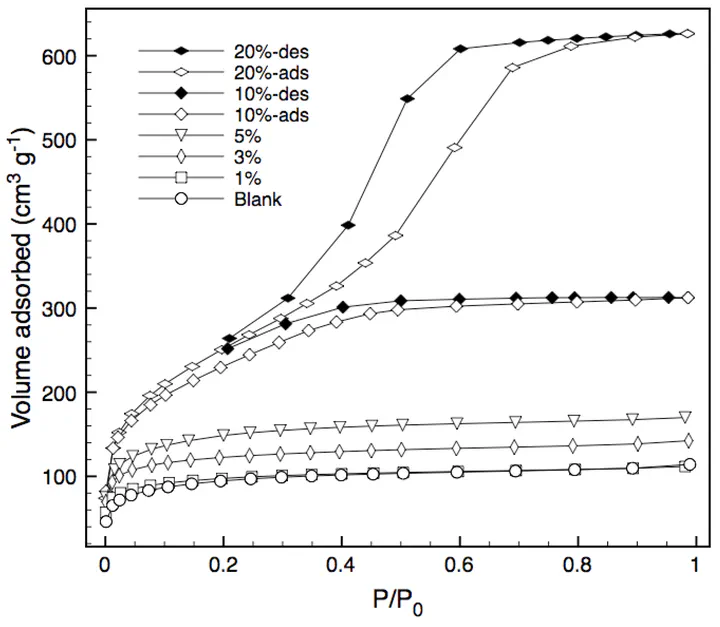Preparation, Characterization and Performance of Templated Silica Membranes in Non-Osmotic Desalination
May 2, 2011·
 ,
,
,
,
,
·
0 min read
,
,
,
,
,
·
0 min read
Prof. Dr. Bradley P. Ladewig
Y. H. Tan
C. X. C. Lin
K. Ladewig
J. C. D. Da Costa
S. Smart

Abstract
In this work we investigate the potential of a polyethylene glycol-polypropylene glycol-polyethylene glycol, tri-block copolymer as a template for a hybrid carbon/silica membrane for use in the non-osmotic desalination of seawater. Silica samples were loaded with varying amounts of tri-block copolymer and calcined in a vacuum to carbonize the template and trap it within the silica matrix. The resultant xerogels were analyzed with FTIR, Thermogravimetric analysis (TGA) and N2 sorption techniques, wherein it was determined that template loadings of 10 and 20% produced silica networks with enhanced pore volumes and appropriately sized pores for desalination. Membranes were created via two different routes and tested with feed concentrations of 3, 10 and 35 ppk of NaCl at room temperature employing a transmembrane pressure drop of <1 atm. All membranes demonstrated a salt rejection capacity of >85% (in most cases >95%) and fluxes higher than 1.6 kg m−2 h−1. Furthermore, the carbonized templated membranes displayed equal or improved performance compared to similarly prepared non-templated silica membranes, with the best results of a flux of 3.7 kg m−2 h−1 with 98.5% salt rejection capacity, exceeding previous literature reports. In addition, the templated silica membranes exhibited superior hydrostability demonstrating their potential for long-term operation.
Type
Publication
Materials